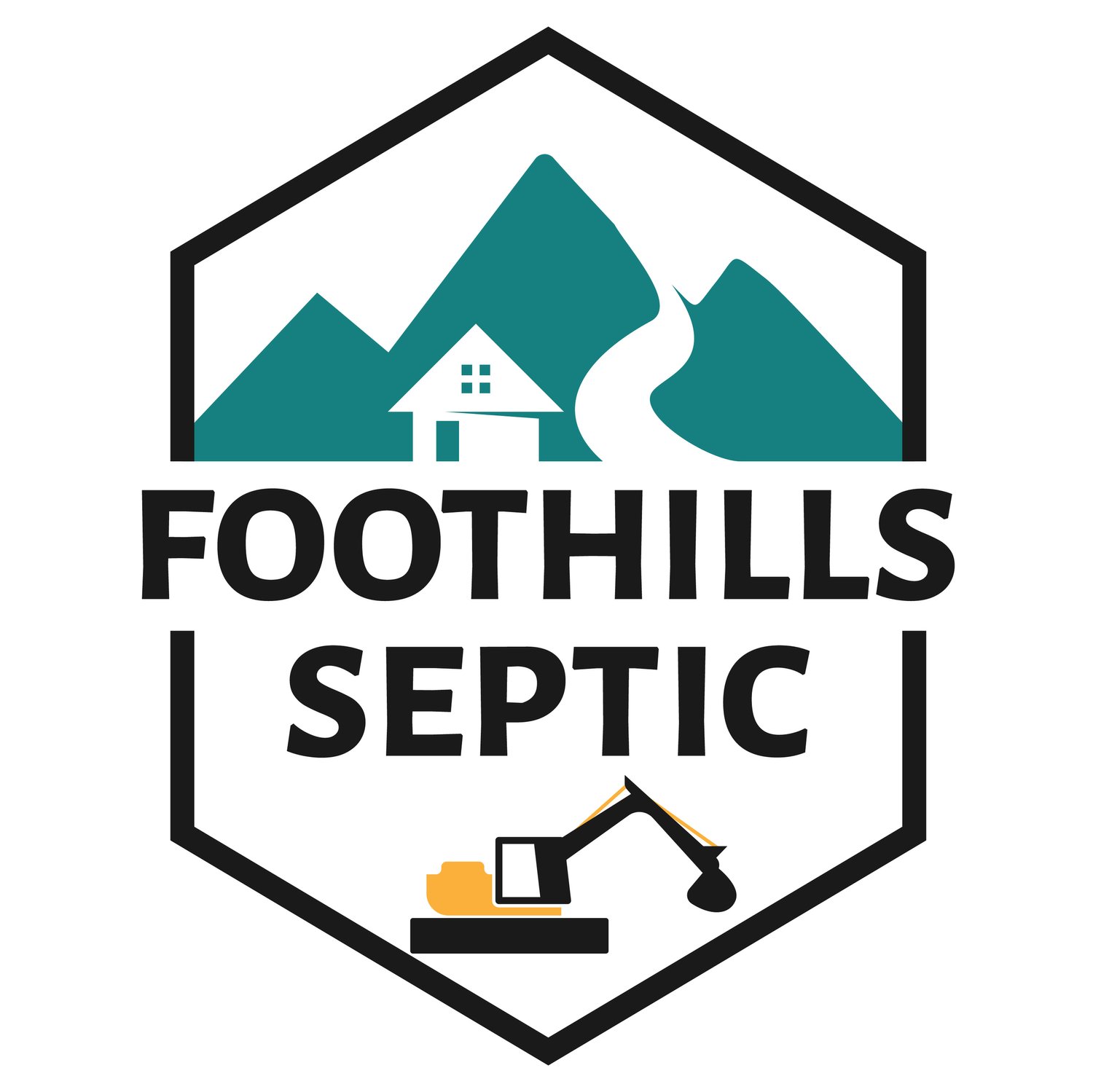Are Septic System Additives Necessary? Debunking Myths and Defining Best Practices
In rural areas like Foothills County and Rocky View County, where septic systems are commonplace, homeowners often seek ways to optimize their system's performance and longevity. One common question that arises is whether septic system additives are necessary. Let's dive into this topic to separate fact from fiction and explore the best practices for maintaining a healthy septic system.
The Truth About Septic System Additives
Myth vs. Reality
Myth: Additives Eliminate the Need for Pumping Some products tout the ability to replace regular pumping of septic tanks, but this claim is often misleading. In reality, all septic systems require periodic pumping to remove accumulated solids. Additives may offer temporary solutions, but they do not address the underlying need for maintenance.
Reality: Proper Maintenance is Key Independent studies have shown that the use of additives does not prevent the buildup of sludge in septic tanks. Instead, engaged homeowners who follow maintenance guidelines, including pumping when appropriate and regular filter cleaning, are best positioned to ensure the longevity of their septic systems.
Types of Septic System Additives and Their Effects
Biological Additives: While these products aim to enhance bacterial flora in septic tanks, they can inadvertently disrupt the system's natural balance. Excessive bacterial populations may compete against each other, potentially causing harm rather than benefit.
Chemical Additives: Chemical-based products can alter the soil structure in drain fields, leading to clogging and potential environmental contamination. Moreover, they may contribute to bacterial die-off, further compromising the system's effectiveness.
Enzyme Additives: Enzymes are specific and non-living, requiring regular replenishment to maintain their efficacy. While they may aid in breaking down certain organic matter, they do not address the need for routine maintenance and can pose risks if misused.
Best Practices for Septic System Maintenance
Regular Pumping: Schedule septic tank pumping when solids have reached 25%-33% of the solids chamber - NOT to be confused with the overall sewage level in your tank. A certified professional can test your solids level and advise on the need for pumping.
Effluent Filter Cleaning: Maintain and clean effluent filters to prevent solids from entering the drain field, reducing the risk of clogs and system failures.
Mindful Product Usage: Avoid introducing harmful substances into the septic system, such as antibacterial agents, harsh chemicals, and non-biodegradable materials.
Consultation with Experts: When in doubt, seek guidance from septic system professionals who can assess your system's needs and provide tailored recommendations.
Do I need additives for my septic system?
While the allure of septic system additives may seem appealing, the reality is that they often fall short of delivering long-term benefits. Instead, a proactive approach to maintenance, including strategic pumping intervals and conscientious product usage, is essential for preserving the functionality of your septic system.
In Foothills County and Rocky View County, where septic systems are integral to rural living, prioritizing proper maintenance practices ensures peace of mind and environmental responsibility. Remember, when it comes to septic system health, informed decisions and regular upkeep are the true magic potions.

